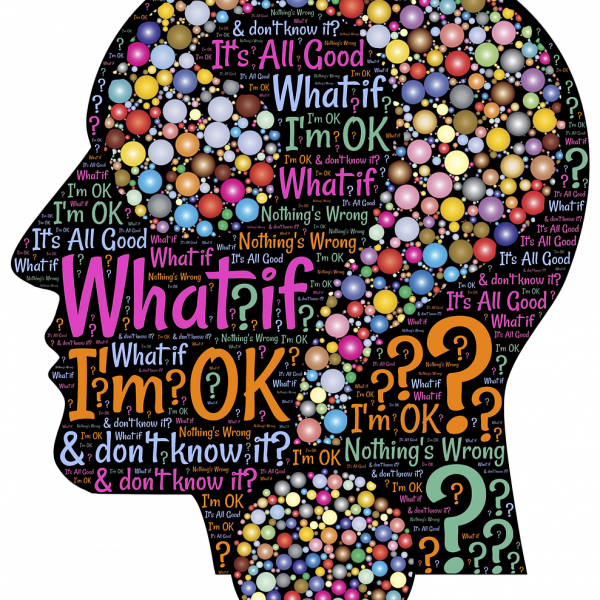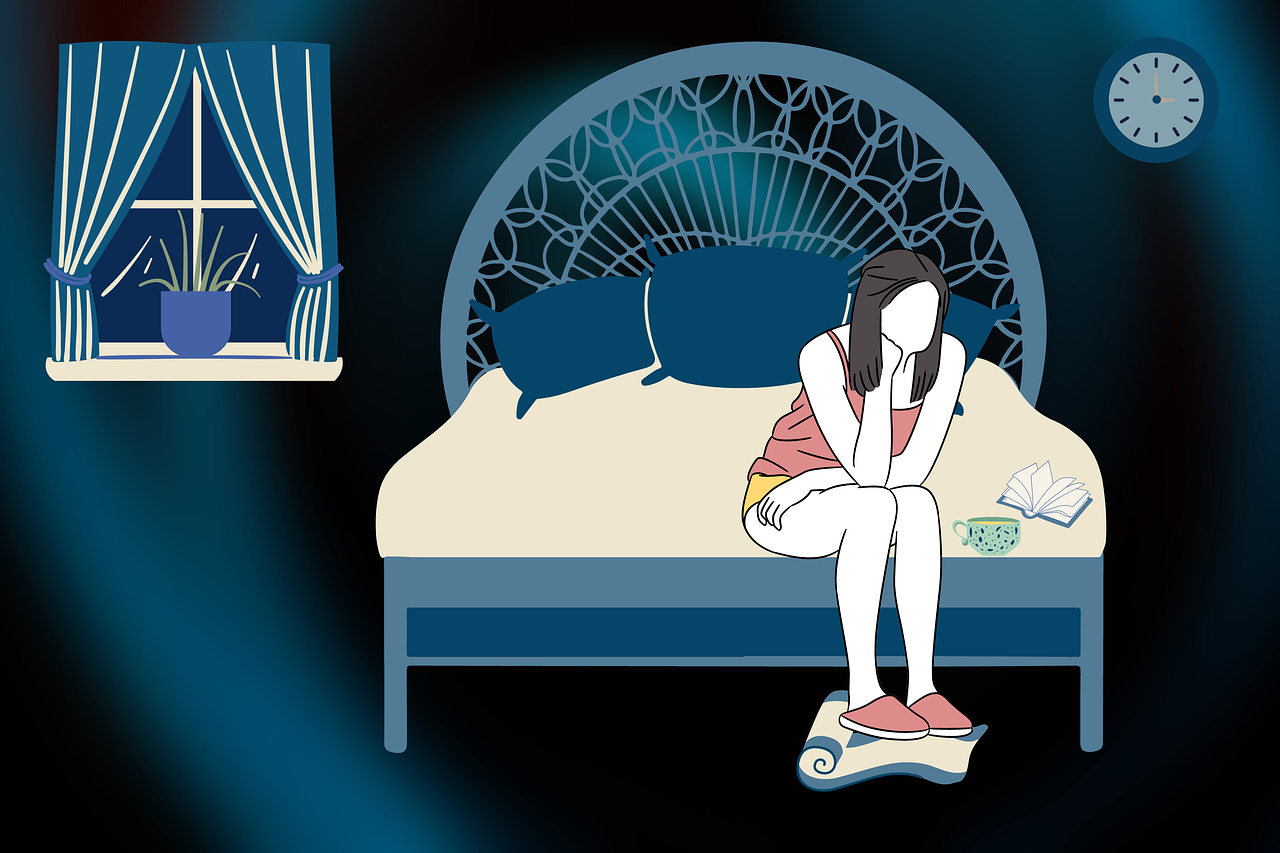
Fear Of Being On Medications
A question from a reader:
Dr. A, I tried non-pharmacological approaches to help with my mood, which included therapy and lifestyle changes without feeling much better. Finally, my therapist suggested that I go on medication for my anxiety and depression. I am really nervous about taking a medication because I feel like something is really “wrong” with me.” By agreeing to take a medication, am I admitting that something is wrong with me? Am I broken and would have to stay on this medicine for the rest of my life?
Great job on being proactive about your mental wellbeing, and making the choice to invest in your mental health with lifestyle changes and seeking therapy! You are not alone in feeling apprehensive about taking a medication. Actually, between 30% to 50% of people do not adhere to prescribed medications. There are many reasons why people do not want to take medications. One of them is pharmacophobia (Yes, everything has a fancy term in medicine!), which refers to fear of medication and less than optimal attitude towards medications.
Why is pharmacophobia (fear of taking pills) a problem?
Untreated mental illness can grow into incapacitating hurdles in a person’s life. The illness usually starts as one small problem, and if not addressed early on or adequately, it transforms into a gigantic issue that affects the person’s quality of life, relationships, work and their sense of who they are.
Let’s Explore Some Potential Root Causes Of Fear of Pills:
Possible Traumatic Experience With Medications:
Explore your experience with medications. Ask yourself if you watched someone in your life have an adverse reaction when they took a medication. What happened to them and how did that affect you? Or, you may have had negative experience from taking medications from when you were a child. Were you feeling sick and not well, and didn’t like swallowing pills? Did you argue with your parents over taking a medication?
A Perceived Lack Of Control:
Not being in control of the mind or body can be a frightening experience and result in someone not feeling safe in their mind or body. Being in control gives us a sense of safety. It is easy to see why someone would develop a fear of medications, due to fear of “becoming addicted”, and feeling like they lose control. Another reason for fear of loss of control is the fear of side effects that can potentially come with medications.
What is the antidot to fear of loss of control? Remind yourself that you are the one in control of how you want your healthcare to be. Taking a medication is a choice that you make, not something that just “happens to you.” By you choosing to direct your own healthcare in a manner consistent with your goals, taking a medication becomes a choice that you make, and that you can always change. Remember to make decisions because of your goals and your sense of worth, and not because of fear.
Social Stigma And Misinformation Can Lead to Shame:
You may also want to reflect if you have had an experience where you felt judged or shamed for taking a medication. What did others say to you, or was it the way they looked at you? How old were you and how did you cope with it? Maybe you heard others talk negatively about someone else being on a medication.
Reframe Your Thoughts About Taking Medications:
If someone has a sinus infection, they take a medication to help them get better and suffer less. Taking a medication for mental health is no different. The goal being to improve someone’s quality of life and optimize relationships. If, after you tried therapy and lifestyle changes and feel like you haven’t made much progress or felt any alleviation of symptoms, evaluate how you are meeting your goal of wellness and is it time to consider being on a medication? What is your intention behind taking a medication?
If feelings of shame come up, can you reframe your thoughts, so that you are not taking a medicine “because something is wrong with you”. Rather you are choosing to take a medication because you matter, and you care about your wellness, and this medicine can potentially help you with that. Can you reframe your thoughts so that you look at taking a medicine as a self-care tool, no different than going to the gym, having yearly dental check up and taking care of your body?
Seek A Reliable Information Source and Avoid Misinformation:
Your mind or other people might tell you “that you will be on these medications forever.” However, this is not true. Seek a reliable and trusted source of information to help guide you make the most informed decisions that are aligned with your goals of wellness and recovery. Making decision based on misinformation or fear may likely cause you harm in the long run.
Build Your Wellness Dream Team and Find a Provider that is Your Ally:
I can’t stress this enough. It is important that you feel heard and supported when it comes to working with your mental health provider. When you meet with your mental health provider, pay attention if they are answering your concerns and not dismissing them. Do they ask you questions and listen to your answers till the end? You may want to create your own checklist of what you are looking for in a mental health provider: Ask yourself if this mental health provider is there to support you and answer your questions as you weigh the risks and benefits of being on medications. Remember that there is no right or wrong answer. The right answer is what meets your needs and goals that you can only decide.
Remember, the ball is in your court of how you want your healthcare to be and fit your goals and needs.
© 2021 Nesrin Abu Ata MD, used by Reclaim Joy Medical with permission of the author


